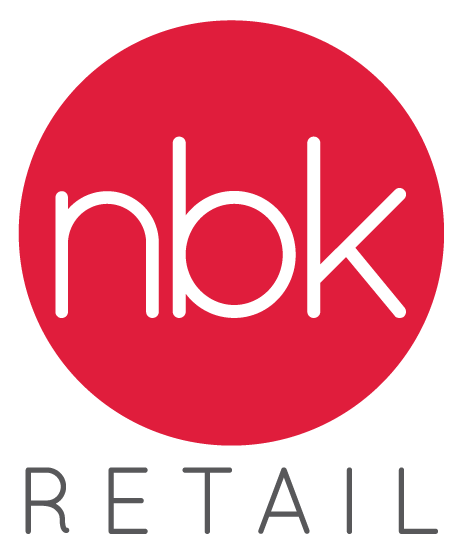Whenever
I give talks on the store of the future, I always sum up with this line: the
store won’t just be a place to transact but also to eat, play, work, discover,
learn and borrow.
There’s
usually a lot of nodding heads until I mention the b-word. Fair enough – shops
naturally want to sell, rather than lend, to their customers.
In fact,
our very economy depends on it.
Over half
a century ago, American economist Victor Lebow noted how the economy “demands
that we make consumption our way of life, that we convert the buying and use of
goods into rituals, that we seek our spiritual satisfactions, our ego
satisfactions, in consumption… we need things consumed, burned up, worn out,
replaced and discarded at an ever-increasing pace.”
That was
in 1955.
The times
are finally changing. We are entering an age where access will trump ownership.
This is due to the combination of a growing population, unprecedented
connectivity and shifts in consumer values and priorities.
We are no
longer defined by our material possessions. Instead, we’re opting to spend less
on stuff and more on experiences.
Last
year, according to a Barclaycard UK survey, expenditure on entertainment and
travel generated the highest growth (9% and 7% respectively), while spending in
most discretionary retail categories was either flat or in decline.
Millennials
and younger generations are increasingly – though not necessarily willingly –
forgoing ownership of homes, cars, bikes, music, books, DVDs, clothes and even
pets. Meanwhile, the World Economic Forum predicts that by 2030, products will
become services and the notion of shopping will become a “distant memory”.
The trend
is compounded by a growing awareness of sustainability and, therefore, more
mindful consumption. The concept of a circular economy is gaining momentum and
it’s going to hit retail hard.
Service, share and rent
Ikea made
waves with its recent announcement of a trial furniture rental scheme in
Switzerland. This might sound like a radical departure for the flatpack king,
but let’s not forget that Ikea was one of the first retailers to address
the rather thorny topic of ‘peak stuff’ a few years back.
It has
since set the ambitious goal of using only renewable and recycled materials in
its products by 2030. In some markets, Ikea already buys back used
furniture so the rental scheme is a natural extension.
When Boots boss
Seb James was running Dixons Carphone, he acknowledged that shoppers
were only “grazing on ownership” and expressed an interest in a similar type of
subscription model for durable goods.
And you
can see what’s in it for the retailer. Aside from the obvious eco brownie points,
rental schemes allow retailers to get closer to customers by offering
additional services such as assembly and repairs. This idea of ‘retail as a
service’ is exactly why Ikea acquired Taskrabbit last year.
In
today’s market, you have to transcend the transaction and develop a deeper
emotional connection with your customers.
The
category most familiar with rental retail is fashion. Luxury retailers have
spearheaded the trend, with Rent the Runway describing itself as the world’s
largest dry cleaner. But can it go mainstream?
Property
giant Westfield thinks so. Its vision for the shopping centre of the future,
dubbed Destination 2028, reflects the rise in the sharing economy with space
dedicated to renting everything from clothes to exercise gear.
Rental
retail makes sense, first and foremost, for those categories where the product
itself can be delivered digitally – music, video, etc. And there is clearly
demand for rental fashion among younger consumers which could solve the
industry’s latest dilemma: ‘wardrobing’ (the ugly, unintended consequence of
free delivery and returns).
But for
those products that don’t become services, retailers should be seeking to
extend their lifecycle. The days of throwaway fashion are numbered, and high
street retailers are already taking steps to address our culture of waste.
H&M,
for example, runs ‘Take Care’ workshops in some stores to educate shoppers on
how to get more life out of their wardrobe.
Whether it’s teaching customers how to remove a stain or leasing them an entire kitchen, retailers need to start thinking of new, innovative ways to serve a more conscious, no-strings-attached consumer.
A version of this article originally appeared on Retail Week.


